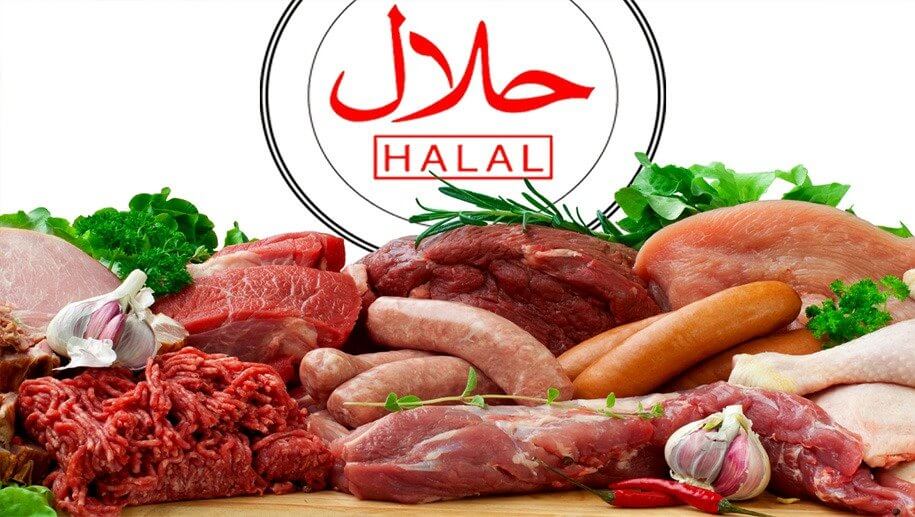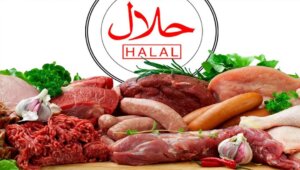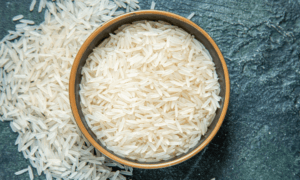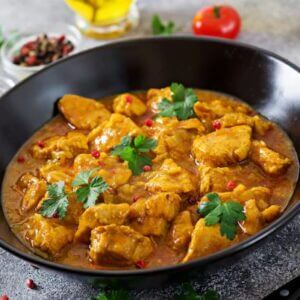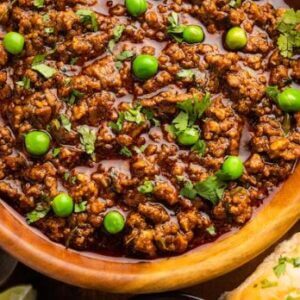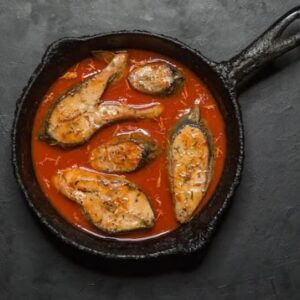What Is Halal Meat? Difference Between Regular Meat
Halal meat is available to everyone. Due to the extra focus on animal welfare and the proper inspection procedures mandatory for the certification of Halal, many non-Muslims favor Halal meat. Halal meat guarantees better quality and safety. Halal meat consumers are better and safer than regular meat consumers in terms of illness and quality. In this blog know easily way of what is halal meat.
What is Halal Meat?
Meat prepared according to the dietary laws of Islam is known as halal meat. As per this law, various guidelines and conditions are required to be followed in its preparation; only then is it acceptable for Muslims to eat it. Throughout the entire process, from the feeding and caring of animals to the methods of slaughtering, processing, and distribution, a set of rules is followed.
The animal must be overall fit and fine before halal meat production. The animal must be free from any illnesses or anything else that makes it unfit for consumption. It is mandatory to care for and feed the animals properly for the better quality and purity of Halal meat.
The selection of animals for Halal meat production is carefully done based on many factors that affect its purity and quality. These factors depend on how the animals are treated and the distribution of the meat products. Halal meat is much better than regular meat, and it is available to everyone. The huge emphasis on healthy and high-quality meat is the main reason why many people consider it superior to regular meat. Many people only consume halal meat as a result of proper production.
Only those animals that are fed and raised as per the Halal guidelines are considered for halal meat production. It is mandatory to raise these animals in considerate conditions, and they should be safe from any defects that can make them unfit for consumption. The food of these animals should also be as per Halal regulations.
A crucial component of Halal meat production is the way the animal gets killed. According to Islamic dietary laws, at the time of slaughter, the animal must be alive, and its throat must be quickly and painlessly slit with a sharp knife. A mature Muslim of sound mind conducts this procedure, also known as dhabiha or zabiha. The name of (God) is invoked during the killing process to respect and give thanks to God for the provision of food and life.
Halal Meat
Meat that has been prepared under Islamic dietary laws is known as halal meat. The idea of halal encompasses the entire process, from animal rearing to meat processing and distribution, and goes beyond just the act of killing. The following requirements must be satisfied for something to be halal:
Slaughter Technique
The manner of slaughter is of utmost importance in Islamic laws. Sharp knives must be used to quickly and painlessly sever the major blood vessels in the animal's throat to produce halal meat. The terms “dhabiha" and “zabiha" refer to this technique. The quick cut ensures the quick and effective flow of blood out of the body, reducing the animal's pain. It is thought to be a compassionate method of killing animals for food.
Invocation of God
The act of taking an animal's life and the acknowledgment of divine provision are connected spiritually through this invocation. It reflects the Islamic viewpoint that accords humans the duty to treat all living things with kindness and gratitude.
Animal Fitness and Health
Animals must be healthy and free from any diseases or defects that would make them unfit for consumption to produce halal meat. Halal meat is not allowed to be produced by sick, diseased, or physically abnormal animals. This requirement guarantees that the meat is of a high standard and fit for human consumption.
Halal meat differs from regular meat in the following ways
Let us now delve deeper into the primary distinctions between Halal meat and other types of meat:
Slaughter Technique
The particular method of slaughter, which was previously mentioned, is what makes halal meat distinctive. Contrarily, regular meat can be obtained in a variety of ways, including by stunning, electrocution, or stunning with a captive bolt. These methods of stunning are frequently used to make the animal unconscious or pain-insensitive before slaughter. While it may be used to lessen animal suffering and increase worker safety, stunning is not necessary for the production of Halal meat.
Invocation of God
Halal meat is distinctive in that the religious name of Allah is prayed while the animal is being slaughtered. There is no religious supplication involved in the normal production of meat. The prayer serves as a reminder of the moral and ethical obligations related to eating meat while also giving the act of taking an animal's life a spiritual dimension.
Animal Welfare
Halal meat production places a high priority on protecting animal welfare. Islamic teachings place a strong emphasis on reducing animal suffering and averting unnecessary pain. Halal meat is swiftly and expertly slaughtered to lessen suffering and guarantee an animal's humane demise. In contrast, the methods used in the production of regular meat can differ depending on regional laws and industry standards.
Handling and Processing
To prevent any cross-contamination with non-Halal products, Halal meat must be strictly segregated and monitored throughout the processing and handling stages. Since eating pork is prohibited (Haram) in Islam, special care is taken to avoid coming into contact with it and its byproducts. Regulations for the entire supply chain, including labeling, storage, and transportation, are provided by halal certification bodies and authorities. However, routine meat handling and processing may not always adhere to a particular set of religious principles.
Dietary Preferences and Halal
Halal meat is consumed by some persons who are not Muslims. A significant portion of non-Muslims also opt to consume Halal meat for a variety of reasons. Halal meat appeals to certain individuals because of its focus on animal welfare, compassionate methods of slaughter, and usage of organic ingredients. They value the thorough inspection processes necessary for Halal certification since they assist ensure the food's safety and quality. Furthermore, the accessibility of Halal meat offers individuals a range of dietary choices, fostering inclusivity and understanding in our multiethnic society.
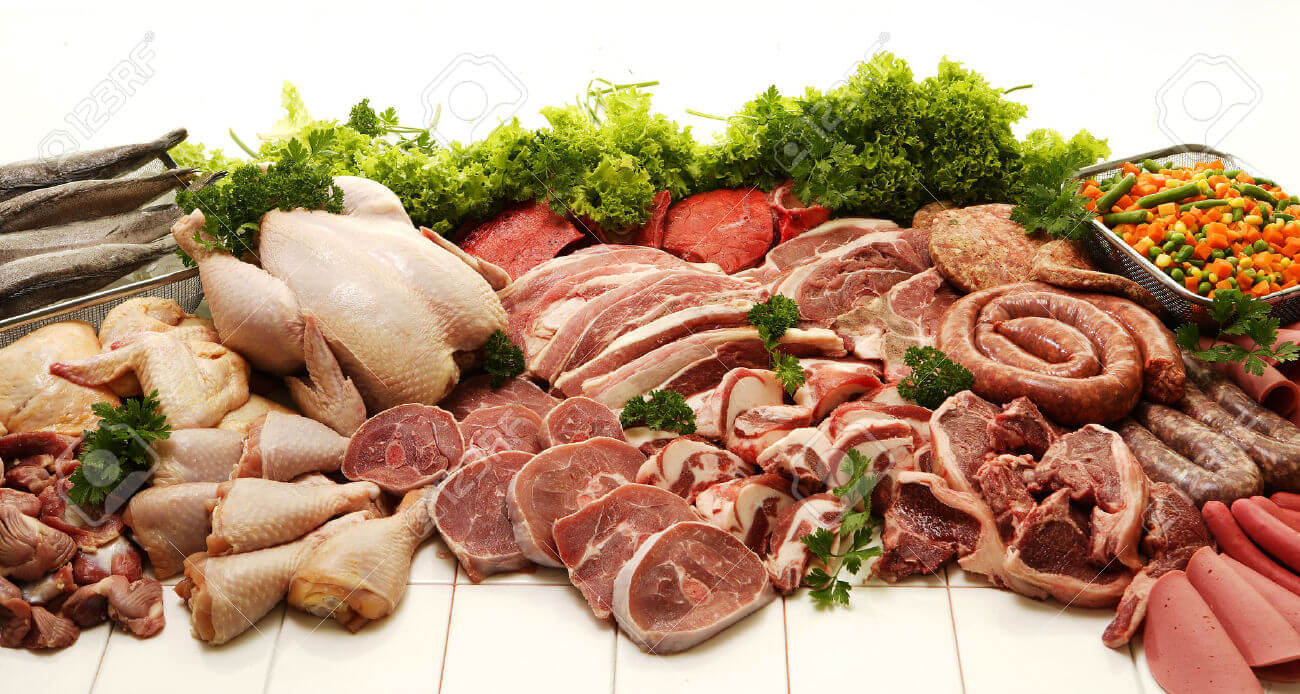
Conclusion
In conclusion, halal meat is superior to conventional meat in terms of quality and purity. It is also good. It is safer to consume because of the thorough examination that is performed throughout the process. In order to produce the healthiest possible Halal meat, the production process is closely monitored. Both Muslim-majority areas and varied demographic areas have access to it. Because of their significant emphasis on quality and purity as well as their religious convictions, many Muslims prefer it to ordinary meat. Due to the treatment and nourishment of the animals, Halal meat is thought to taste significantly better than ordinary meat.
The person must have experience and be able to carry out the procedure correctly. The person doing this surgery must be responsible and intelligent. That person should give the process their complete focus and attention. They must maintain God in their thoughts and be grateful. As an expression of gratitude for the gift of food and life, the person should continue to invoke the name of Allah (God). The method of slaughter is essential in the manufacture of Halal meat. The individual must not take any actions that could combine Halal meat with “Haram" (forbidden) ingredients. Halal meat places a strong emphasis on purity and superior quality for consumption.
The person must have experience and be able to carry out the procedure correctly. The person doing this surgery must be responsible and intelligent. That person should give the process their complete focus and attention. They must maintain God in their thoughts and be grateful. As an expression of gratitude for the gift of food and life, the person should continue to invoke the name of (God). The method of slaughter is essential in the manufacture of Halal meat. The individual must not take any actions that could combine Halal meat with “Haram" (forbidden) ingredients. Halal meat places a strong emphasis on purity and superior quality for consumption.
Many people who have switched from regular meat to Halal meat have quit consuming regular meat. The reason depends on both spirituality and physical fitness. Halal meat is in greater demand than regular meat, and more attention and focus are required in Halal meat production than in regular meat production. Halal meat animals are considered sacred and are born and bred separately from other animals with proper care and feeding. Over the years, the consumption rate of Halal meat has spiked. Regular meat consumers often cannot taste this delicacy because of the price of halal meat. Due to added care and nourishment, Halal meat is more expensive than regular meat. There is no denying that Halal meat is worth more than regular meat, and it feels genuine, keeping in mind that Halal meat tastes better and is also of better quality than regular meat.
In summary, Halal meat animals are born and bred with proper care and a proper nutritional diet to prevent them from getting sick. From slaughter methods to distribution, everything is followed as per Islamic dietary laws. Halal meat production is done keeping God in mind and thanking him for providing food and life. Halal meat is considered better quality and tastier than regular meat and is preferred over it as well. Some people prefer it over taste, and some over religion's beliefs. So, have your feast by remembering God for putting food on your table.

